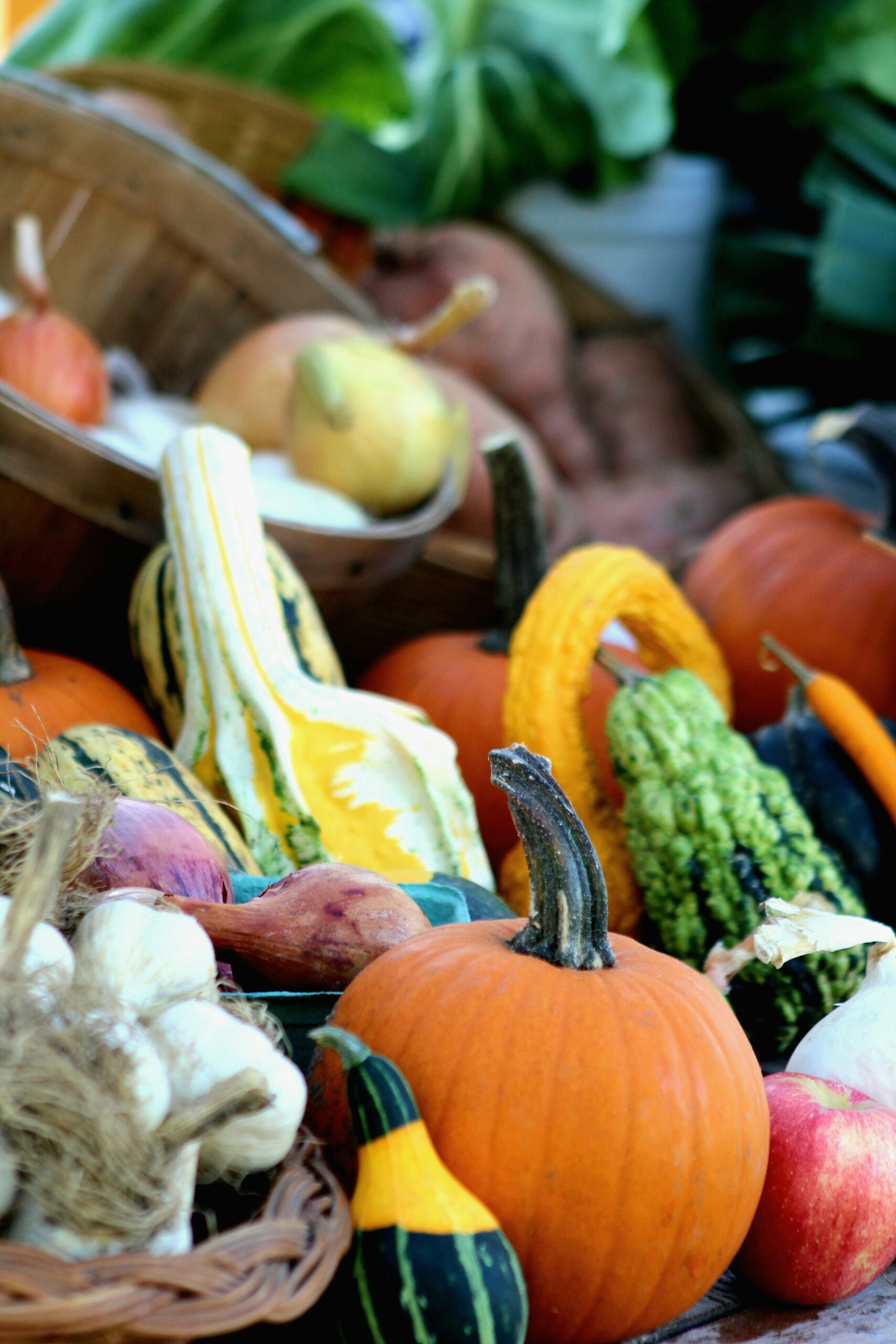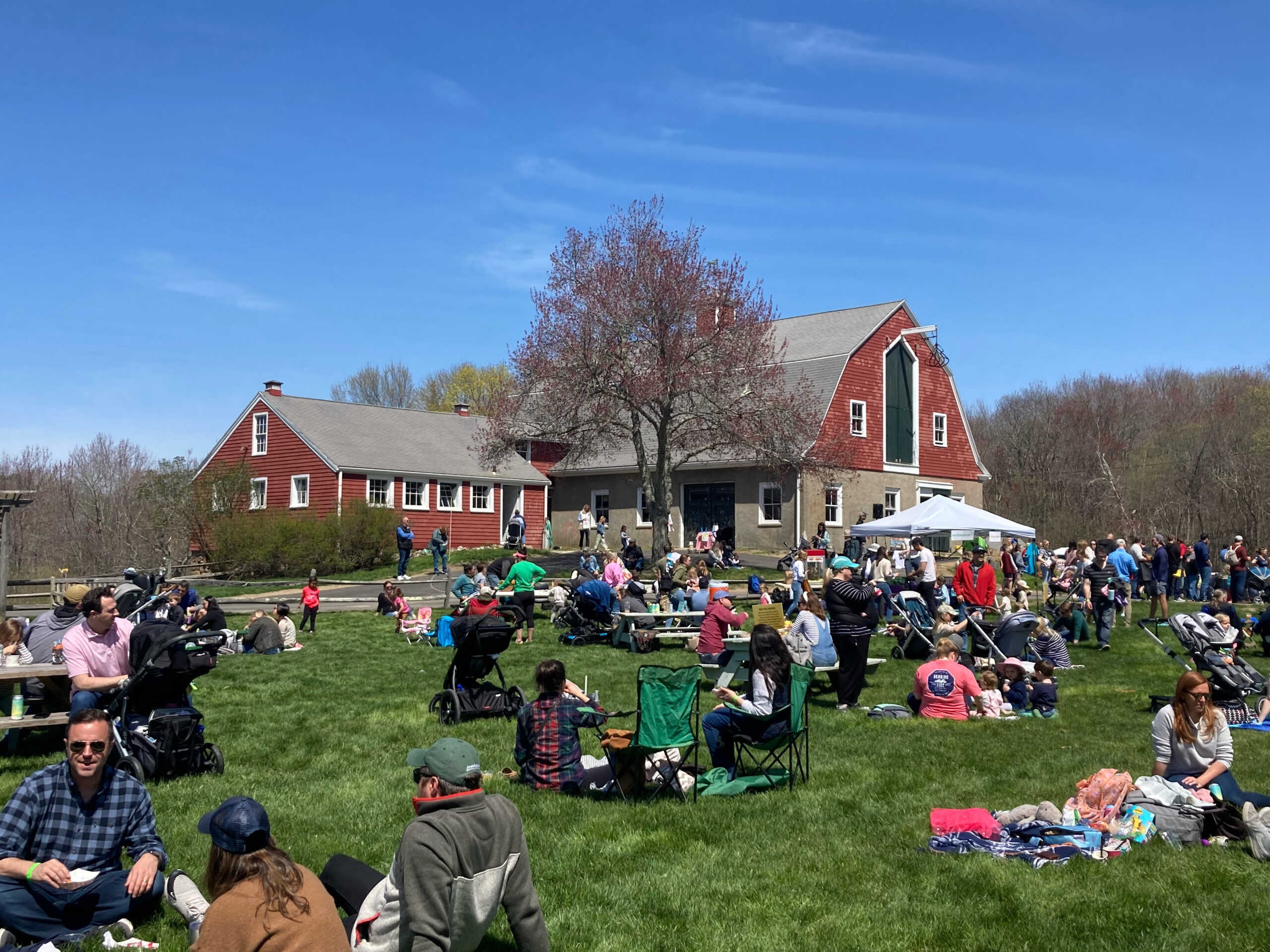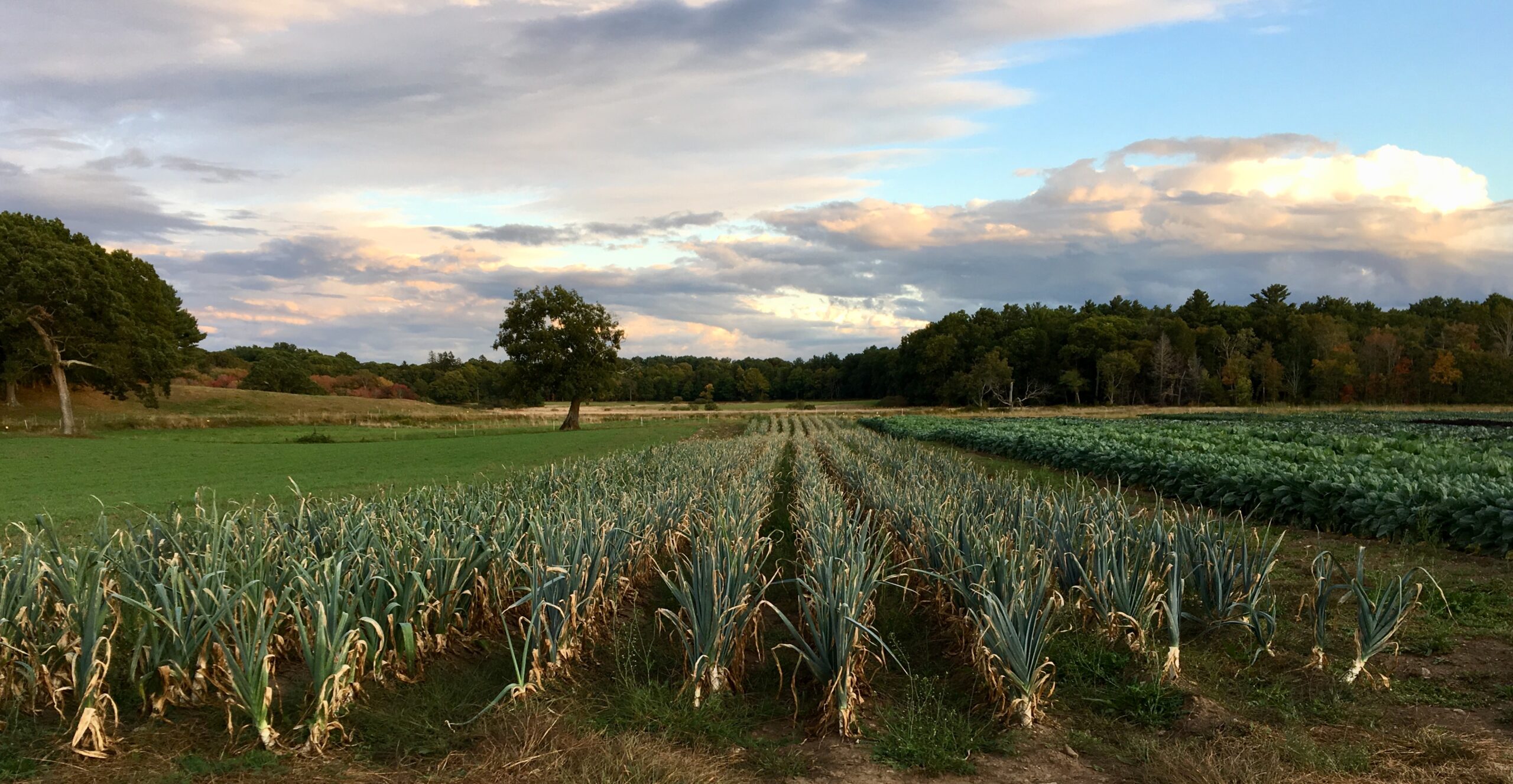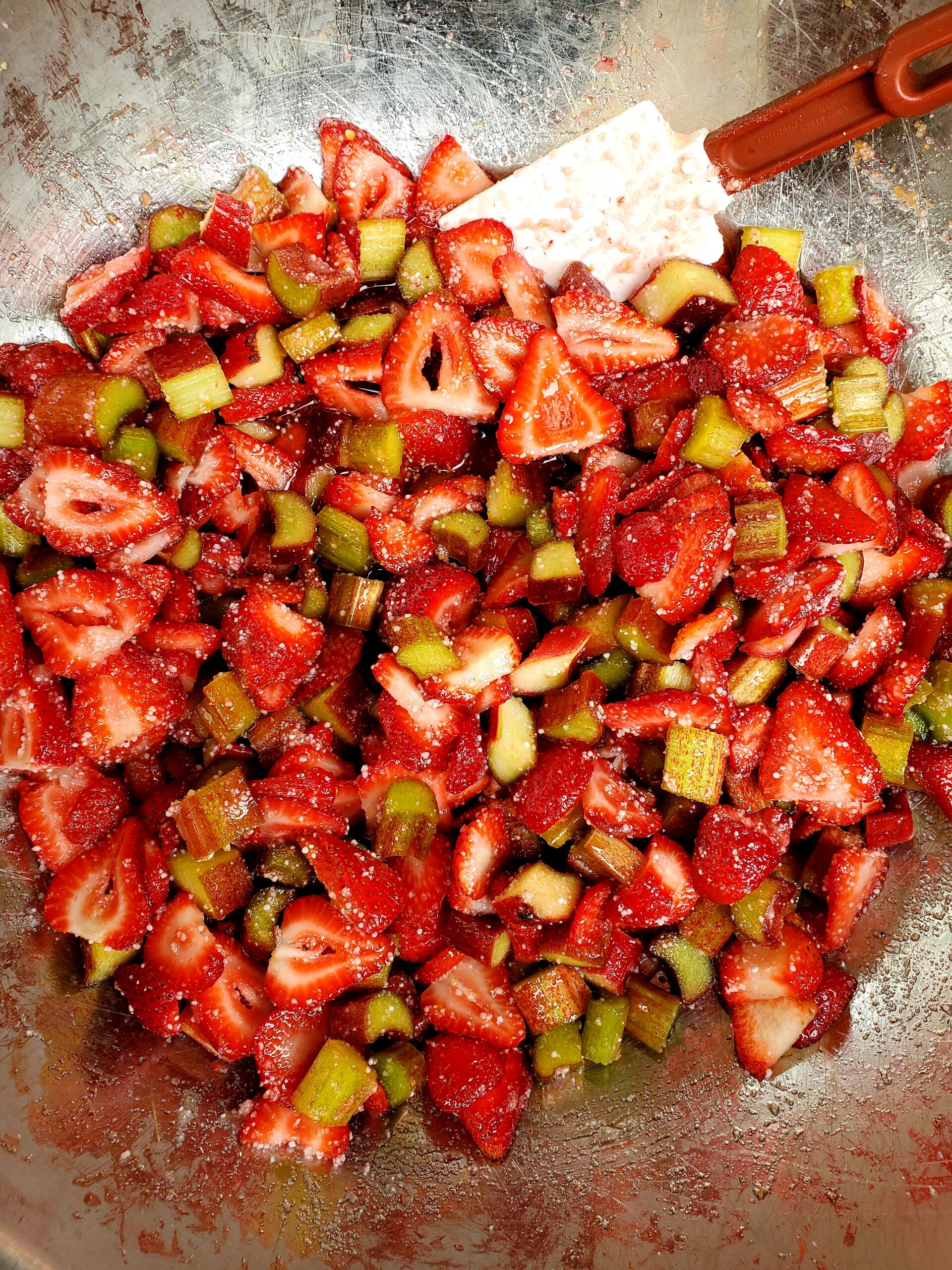Taysa is no longer part of the Trustees farming team. Join the Farms and Food Facebook group or sign up for News to stay up-to-date with everything happening across all our farms.
Livestock Caretaker for The Trustees
Taysa Porto
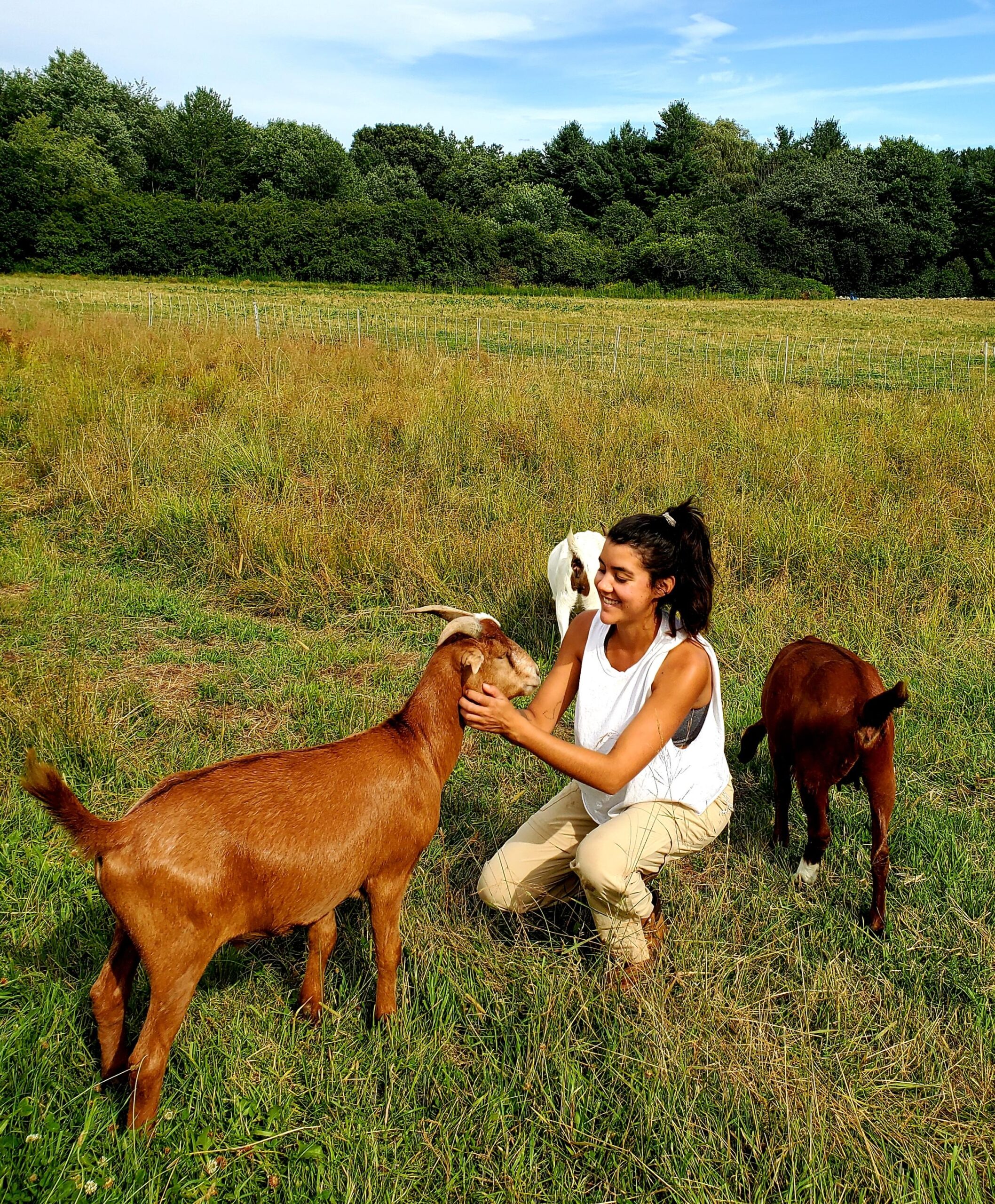
How did you get into livestock work?
I’ve always been around animals and have always worked with animal behavior. It started out with dog behavior and slowly went into sheep herding and then cattle herding, then moving here and working with sheep and cattle, goats, chickens, etc.
When you say it started out with dog and then sheep, is that professionally speaking?
Yes.
Was that your educational background?
Yes, it was. I was in vet school for a little bit and quickly realized I didn’t like that routine. From there, I went into dog behavior. I studied a little bit of dog behavior, moved to California, and dug deeper into that.
What were you doing just prior to joining the trustees?
I was living on a ranch in California and working with sheep and cattle herding.
What was that like?
I loved it. It was a beautiful place to see dogs that were bred to do something actually get to do it. It was beautiful to see the dance between human, dog, and a herd of cattle or sheep. It was really nice.
In what ways are you using that experience here in your work with The Trustees?
Reading our animals. It’s the same dance. It’s the same herding. When we have to move a herd from one pasture to the other, we have to do the same thing, basically, that a dog would be doing, so it’s really similar.
When it comes to this type of work, what are you most passionate about or interested in?
I’m most passionate about the food industry and providing people who want and like to eat meat with meat that is not just humanely raised but raised by people who absolutely love to be where they are and love doing what they do every single day. Instead of just going to a grocery store and buying meat from an unknown source, you get to buy meat from a place where you can actually go and see the magic happen. It’s an environment that is doing good for the planet, the animals, and for the people. In the end, we’re all happy.
In what ways do our farms accomplish that?
It’s our lifestyle. It’s what we do. It’s what we wake up to do every day, to care for these animals. We watch them be born and watch them until the last day when they have to go. They get everything they need. They couldn’t be in better hands, honestly, and to me that’s the best meat industry.
Do you feel there’s a discernable difference when you buy meat and eat meat that is from cattle living that kind of experience?
Yes, I do. More so on an energetic level, but also on the quality. I believe food is charged with a lot of energy from where it comes from and how it was grown. Anything grown in favorable conditions will be of better quality than something that was raised in mass production.
Do have a specific area of expertise?
We do it all, but definitely animal welfare, and I personally really like to move the herds to their new pastures.
What is that process?
It’s reading body language. It’s applying and removing pressure from far away. I think it’s a beautiful dance and I love to be part of it.
Do you feel like people are educated about where their meat is coming from? Do you think there’s a need for more education?
There’s definitely a need for more education. A big chunk of our society has no idea about the process their meat goes through before it reaches their plate. I think there’s a huge barrier between humans and meat. They want to eat it, but the moment you get deeper into the process, they’re like, “I don’t want to know.” This subject has become a big monster because it involves the killing of an animal, but I think that comes from exactly what we’ve been talking about. Mass production has become more common than local farming and yes, mass production is ugly. Maybe if people knew more about what real farming looks like, they would choose that option more often. If they could see the difference between what it looks like to buy pasture raised meat from a local farm versus what it looks like to buy just any meat from the supermarket, I think they would definitely choose local pasture raised!
What is the biggest difference?
I think the emotional part of it. The knowledge of what it is you’re supporting when making that purchase.
What about the role of livestock in the bigger ecological picture?
They’re very impactful in a really good way for the environment. Everyone has a job on the farm. Every animal, by eating and pooping, contributes to the betterment of the land, allowing other things to grow and the cycle to continue.
